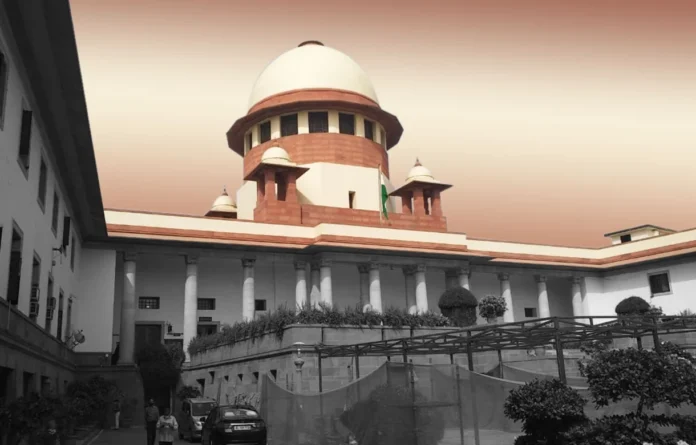The Supreme Court has dismissed curative petitions filed by telecom companies against a 2019 ruling of the Court regarding the payment of adjusted gross revenue (AGR) dues.
The Bench of Chief Justice of India DY Chandrachud, Justice Sanjiv Khanna and Justice BR Gavai ruled that no ground was made out to exercise curative jurisdiction in terms of the Court’s decision in Rupa Ashok Hurra vs Ashok Hurra.
In October 2019, the Apex Court had allowed the Union government’s plea to recover adjusted gross revenue (AGR) of about Rs 92,000 crore from major telecom companies, including Vodafone Idea, Bharti Airtel and Tata Teleservices.
The three-judge Bench headed by Justice Arun Mishra had upheld the definition of ADR formulated by the Department of Telecom (DoT). The major telecom companies of the country filed review petitions against this order, which were dismissed in January, 2020.
On September 1, 2020, the Apex Court passed an order requiring telecom companies to pay their AGR dues over a period of 10 years.
It was made clear that there would be no revaluation of AGR dues, and any default would be met with the imposition of interest, penalties, and contempt of court charges.
In 2021, the top court of the country dismissed a petition seeking corrections in the AGR dues demand, with telecom companies claiming that there were multiple errors in the computation (amounting to over Rs 1 trillion).
In 2023, telecom companies including Vodafone filed curative petitions against the January 2020 verdict of the Apex Court, which dismissed the review petitions.
The petitioners contended that the Department of Telecommunications (DoT) committed grave errors in computing the final demand. For instance, the Department had raised a demand of Rs 58,254 crore in the case of Vodafone, whereas the company’s own assessment was of Rs 21,533 crore.
They sought an urgent listing of the curative petition(s) in July this year. The CJI had assured them that the decision on listing of the matter would be taken soon.
Senior Advocate Harish Salve, representing Vodafone, had contended that the company was looking to raise debt funding to pay its dues, however, potential lenders required clarity on the company’s exact liability.
The curative petitions were then considered by three senior-most judges of the Apex Court and dismissed on August 30.
The matter pertained to the interpretation given by the Supreme Court in its October 2019 judgment to the term Adjusted Gross Revenue in the spectrum licensing agreements between telecom companies and the DoT. The license fee is computed based on AGR.
The Supreme Court held that AGR included revenue from non-telecom operations of the companies like rent, profit on the sale of fixed assets, dividend, and treasury income. This resulted in an additional collective liability to the tune of Rs 92,000 crore on the telecom companies.
The Apex Court had rejected the petitions filed by Vodafone Idea, Bharti Airtel and Tata Teleservices in January 2020, which sought review of the 2019 verdict that widened the definition of AGR.
Few months later, the DoT moved the Supreme Court proposing a staggered payment over 20 years for telecom firms to discharge their AGR dues.
The petition sought modification of the order dated October 24, 2019 vis-à-vis arriving at a formula for recovery of past dues from telecom service providers.
It stated that even though the Court had widened the definition of AGR, leaving three telecoms – Vodafone Idea, Bharti Airtel and Tata Teleservices – collectively facing more than Rs 1.02 lakh crore in additional license fees, spectrum usage charges (SUC), penalties and interest, it was imperative that the proposal for mode for recovery be approved.
In September 2020, the Court granted the telecom companies a period of 10 years to clear their AGR dues to the DoT, with 10 percent payment to be made every year by March 31.


